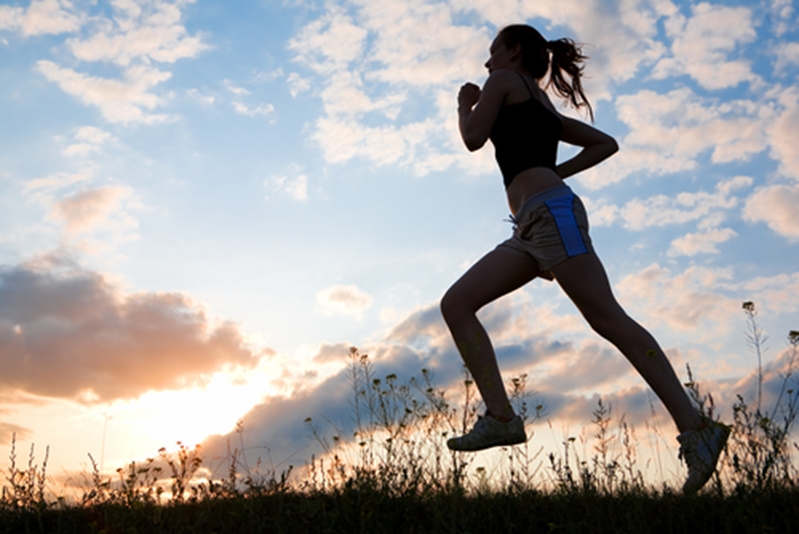Summer has officially arrived, which means you're just a couple of months away from the GMS Queen City Marathon. To keep up your training routine, you'll need to get out there and get running often, which can be a challenge this time of year. The sun and heat of summer can really take a toll on you if you aren't careful, so follow these tips to stay safe while you train:
1. Hydrate
The most important thing to remember this time of year is to stay hydrated. Not only should you bring plenty of water with you while you're out running, but you need to hydrate before and after your work out as well. Health Link BC recommends that adults drink every 15 to 20 minutes while they're active.
Mild dehydration can cause headaches and dry skin, and signs include feeling thirsty, dizzy and irritable. In more severe cases, dehydration leads to low blood pressure, extreme dry mouth and can cause you to lose consciousness. You'll sweat a lot and lose valuable fluids and electrolytes when you work out in the summer, so take the time to replenish to keep yourself safe. Canadian Running Magazine adds that drinking water while you're training will help condition you for your marathon - stopping for water during your race may upset your stomach if you aren't used to running after hydrating.
 When possible, run during early morning or evening hours when the sun isn't as strong.
When possible, run during early morning or evening hours when the sun isn't as strong.
2. Prevent heat stroke
Heat stroke, also known as hyperthermia, is often connected to dehydration during the summer. This dangerous condition occurs when your body gets overheated to a temperature of 40 C, according to Sport Med BC. Symptoms include confusion, rapid heartbeat, hot red skin and feeling chilled.
Hyperthermia can be deadly if untreated. You'll need to lower your body temperature quickly by removing layers of clothes, taking a cold bath or sitting in a cool room. If you do get very overheated, you should consider going to the hospital for help cooling down quickly and safely.
To prevent hyperthermia, it's important to dress for the weather. Don't weigh yourself down with long or thick clothing when it's warm outside. You should also drink plenty of water and take breaks in a cool or shaded area if you start to feel dizzy or overly hot. It's better to be safe and take extra breaks if you need them than to try and tough it out. Talk to your doctor to determine what a healthy limit is for you if you want to get the most out of your summer exercise.
3. Wear sunscreen
Another potential risk in the summer is sunburn, which can be uncomfortable and may lead to increased risk of skin cancer in your future. The sun is at its strongest from about 10 a.m. to 4 p.m., so when possible, aim for evening or early morning runs. Always wear sunscreen when you go out during the day, even if it's overcast. Harmful UV rays can still penetrate cloud coverage. The Globe and Mail reported that an SPF of 30 can stop 97 per cent of UVB rays from absorbing into your skin. Look for formulas made specifically for water exposure or sports for longer-lasting wear.
Training in the summer is a great chance to get outside for fresh air, mood-boosting sunshine and enjoying the longer hours of daylight. It's a helpful way to condition yourself and improve your endurance before your race. Just be sure to follow the right safety precautions to avoid conditions like dehydration, hyperthermia and sunburn, and you'll be sure to have a great work out!